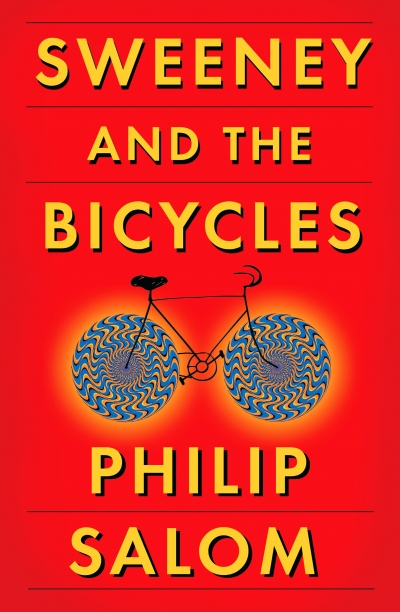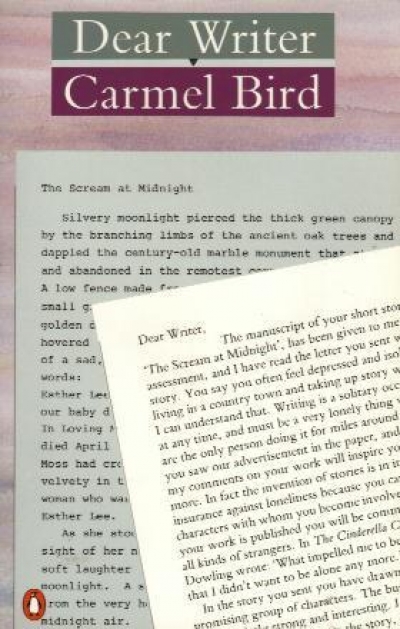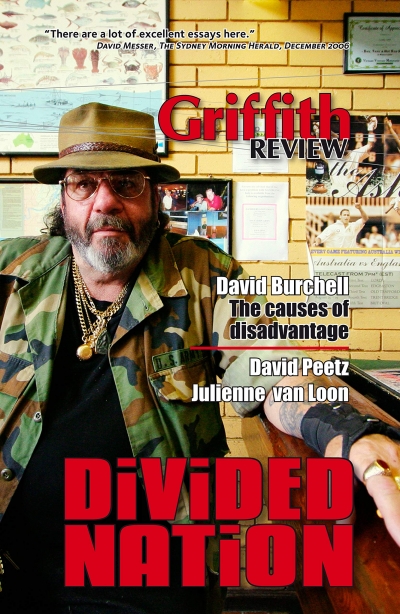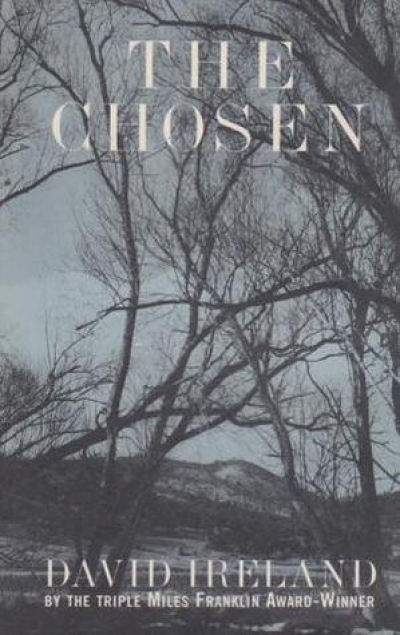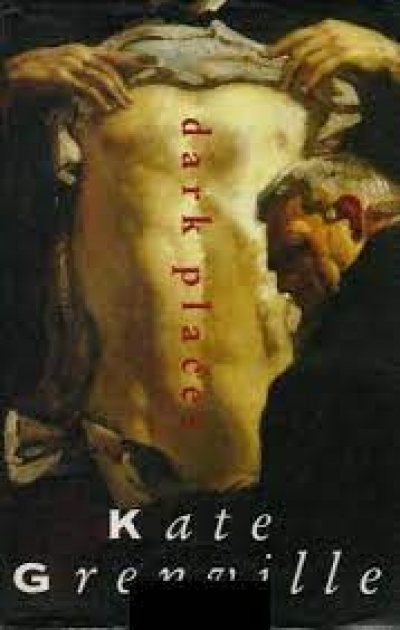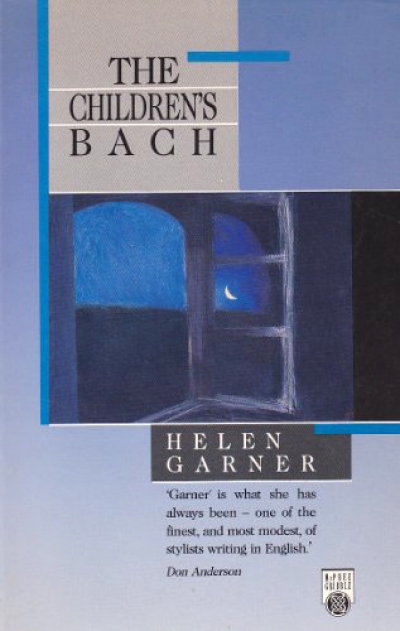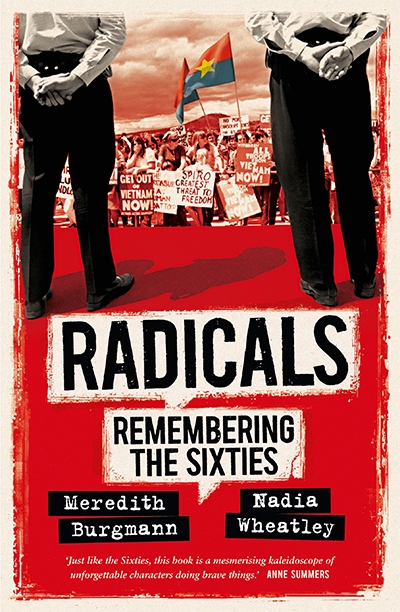Kerryn Goldsworthy

Kerryn Goldsworthy won the 2013 Pascall Prize for cultural criticism, and the 2017 Horne Prize for her essay ‘The Limit of the World’. A former Editor of ABR (1986–87), she is one of Australia’s most prolific and respected literary critics. Her publications include several anthologies, a critical study of Helen Garner, and her book Adelaide, which was shortlisted for a Victorian Premier’s Literary Award. In November 2012 she was named as the inaugural ABR Ian Potter Foundation Fellow. Her Fellowship article on reviewing, ‘Everyone’s a Critic’, appeared in the May 2013 issue of ABR.
Auden said once that you couldn’t teach people to be writers, but that what you could do was teach them grammar, prosody, and rhetoric. This remark or some version of it has become the standard defence, like a chess move, when people attack (as they are strongly wont to do) the whole notion of teaching creative writing at all. Most of the how-to books on the subject begin with some such disclaim ... (read more)
It may be the global unease of the late twentieth and early twenty-first centuries that is causing Australian writers and thinkers to focus more and more on ‘place’: on the fractures and fissures between the homogenising impulse of the nationalist project, on the one hand, and on the other, the impossibility of constructing Australia as a sociological monolith. The current issues of these two ... (read more)
I had sworn, in my editorial capacity, not to reinforce or allow to be reinforced, by word or deed, the old Sydney vs. Melbourne scenario in the pages of this magazine; but I realised very quickly that this was a case of one’s reach exceeding one’s grasp. The construction of this inter-city relationship as ‘St Petersburg or Tinsel Town?’, with its suggestion of two (and only two) opposing ... (read more)
Like much else about this novel, its title The Chosen is not the relatively straightforward affair it may, at first, appear to be. One assumes for the first hundred pages or so that the ‘chosen’ are those citizens of the small NSW Southern Tablelands town of Lost River who have been chosen by a randomising computer program to have their lives represented in the commemorative tapestry being wov ... (read more)
It seems like a slender connecting thread, but reading Kate Grenville’s new novel, Dark Places, reminded me of an experience I had hoped I’d forgotten: reading American Psycho. Reading stories with repellent narrators is like being left alone in a locked room with somebody you’d edge away from if you met him, or her, in a bar.
Such stories are unsettling in the way that good satire is unset ... (read more)
The characters in Helen Garner’s new novella The Children’s Bach make up the kind of social molecule in at least one of which all of us feature as an atom.
Athena, who emerges as the core character, runs a household of, initially, four: herself, her husband Dexter Fox (we are not told what surname Athena uses), and their sons Arthur and the ‘strange’ Billy. Then there’s Elizabeth, with ... (read more)
‘To our bodies turn we, then, that soWeak men on love revealed may look;Love’s mysteries in souls may growBut yet the body is his book.’
John Donne, ‘The Ecstasy’
‘...the unstable self, the fractured ego, Maud thought, who ... am I? A matrix for a susurration of texts and codes? It was both a pleasant and an unpleasant idea, this requirement that she thinks of herself as interm ... (read more)
‘If you can’t say something nice,’ my mother always said, ‘don’t say anything at all.’ (I pinch this opening gambit, shamelessly, from Kate Grenville’s Self-Portrait in the last ABR, and hope she does not mind; imitation is the sincerest form etc.) Apropos of parental expectations regarding niceness-or-silence, however, I am reminded of a remark of Elizabeth Jolley’s: ‘I think my ... (read more)
Studying at the University of Sydney in the late 1960s, Meredith Burgmann and Nadia Wheatley were both living in Women’s College. Burgmann recalls:
Very late one night when I was sitting in my room, struggling with John Donne … I heard a clump clump clump coming along the corridor. Opening my door, I discovered Nadia – wearing a red flannel nightie and gumboots – on her nightly mission ... (read more)

